Two major positives! A-shares finish with three consecutive gains, leading the g
A-shares ended the year, which was comparable to the great bear market of 2018, with a hopeful note after three consecutive days of gains. Reflecting on it, A-shares and Hong Kong stocks had already formed a bottoming structure last week, but the rhythm was disrupted by the new online gaming regulations "Draft for Comments" on last Friday, causing the bottoming process to be delayed by a week.
Looking back at 2023, the market expectations at the beginning of the year were wildly off the mark, with the top ten predictions from CICC taking a beating. At the end of the previous year, as China relaxed its pandemic control measures, the market anticipated a recovery in China's economy while the European and American economies would suffer from interest rate hikes leading to a recession. Consequently, most institutions were bullish on the performance of A-shares, Hong Kong stocks, and the Chinese yuan. Northbound capital was "subsidizing billions" daily at the start of the year, with a net purchase of 141.2 billion in just January.
However, the recovery of China's economy did not meet expectations, and in the second half of the year, due to the real estate crisis and local debt crisis, the market's expectations for the economy fell into an unprecedented pessimism. Overseas, the European economy weakened as expected, while the U.S. economy maintained strong resilience due to fiscal stimulus. It was not until the fourth quarter that the U.S. economy and job market began to cool down significantly. The market's expectations for the Federal Reserve's interest rate hikes underwent a 180-degree reversal around the National Day, and the yield on the U.S. ten-year Treasury bond peaked and then fell, from breaking through 5% to once dropping below 3.8%. This also sparked a global stock market rebound wave since November, with stock markets in Europe, the U.S., Japan, and India reaching new highs.
Specifically, as of the close on December 29, the NASDAQ Composite led the global gains with an increase of over 44%, the Nikkei 225 and the Taiwan Weighted Index both rose by more than 20%, and the German DAX, the BSE Sensex 30, and the South Korean Kospi all increased by nearly 20%. Only A-shares and Hong Kong stocks fell, with the ChiNext Index leading the decline with a drop of nearly 20%. The SSE 50 Index suffered three consecutive years of losses, and Hong Kong stocks experienced four years of decline, both setting historical records.
At the current juncture, most market institutions still have high expectations for the U.S. stock market, the Japanese stock market, and Southeast Asian stock markets, while lacking confidence in the low-positioned A-shares and Hong Kong stocks. Recently, overseas ETFs such as the Southeast Asia Technology ETF and the Nikkei 225 ETF have shown high premiums, which reflects the capital's disappointment with A-shares, preferring to chase high overseas stock markets at a premium rather than holding onto the low-positioned A-shares.
"We have always sneered at the notion that 'A-shares and Hong Kong stocks have no value,' as long as the price is below the intrinsic value, there is investment value. Capital is profit-seeking; as long as there is value, there will be capital chasing it, whether it is noble pearls or lowly manure.
Rationally speaking, it is easier to make money by buying low and selling high, but most retail investors lack the ability to invest against the trend. Compared to discovering value, the mentality of 'seeing a rise when it rises, and seeing a fall when it falls' is more common among people.An investment system that becomes a market consensus and evolves into "slogan-style investing" often signifies that a reversal is imminent. The essence of stock investing is the trading of chips; if all the bears have sold out, what can the remaining bears use to drive the market down? When an expectation is fully voted upon by the market, that expectation loses its value.
At the beginning of last year, the market's expectations completely missed the mark. Will this year see a repeat? Today, Li Bei published an article titled "Short Squeeze," which echoes the views we mentioned yesterday: currently, the positions of private equity, insurance funds, and foreign capital are all at historical lows. The main buying forces in the stock market recently have been the national team, companies increasing their holdings, and some left-side investors.
Looking ahead to next year, domestic policies will be more proactive, and overseas markets will see interest rate cuts from the European and American central banks. It will be difficult for the market to experience a systemic risk of downward breakage. On the contrary, the first quarter is often the most active phase for A-shares, and stock market volatility will be amplified. If there is no downward fluctuation, there may be an upward fluctuation. Institutions with low positions now are waiting for the last drop in A-shares to pick up the bloodied chips, but profits and losses come from the same source. Those who can avoid the decline will also miss the rise. Institutions with low positions are not afraid of a decline but fear an increase.
Some may argue that the domestic economy will not have much flexibility in the first quarter of next year, and the market's concerns about real estate have not been alleviated. What we want to say is that the bad news has been fully reflected. Does the European economic recession affect the new high of the stock market? During a bear market, everyone has various concerns, but once the market rises, nobody cares. Sentiment is not a linear change; it can shift from pessimism to optimism in the blink of an eye.
Finally, let's take a look at the market. As of the close, the Shanghai Composite Index rose by 0.68%, the ChiNext Index rose by 0.63%, the Hong Kong Hang Seng Index slightly increased by 0.02%, and the Hang Seng Technology Index slightly increased by 0.01%. The turnover of the two markets shrank to 0.82 trillion, and foreign capital once net bought more than 3 billion in the morning, possibly due to the holiday effect, and turned to outflow at the end of the day, with a small net sale of 566 million for the whole day.
Last night, there were two major favorable developments:
The fourth quarter meeting of the Central Bank's Monetary Policy Committee in 2023 was held in Beijing on December 27th. The meeting believes that it is necessary to increase the implementation of the monetary policy that has been introduced, maintain a reasonable and ample liquidity, promote the low-level rebound of prices, and keep prices at a reasonable level. It is important to promote a steady and moderate decline in corporate financing and residential credit costs.The Minister of Finance, Lanhe An, stated on the 28th at the third report meeting of the "Comprehensively Promoting the Construction of Chinese-Style Modernization" economic situation series that the proactive fiscal policy for next year will moderately strengthen, improve quality and efficiency, and maintain an appropriate level of expenditure.
The central bank emphasized promoting a low-level rebound in prices, and inflation is expected to bottom out and rebound next year. Today, the offshore RMB exchange rate once rose by nearly 400 points, breaking through the 7.1 threshold.
A miraculous scene also occurred at the end of the trading day, with Industrial Bank bidding to hit the daily limit. When reporters from Caixin contacted the investor hotline of Industrial Bank, the relevant person indicated that there is currently no undisclosed information that should be disclosed. On the same day, several private fund managers told Caixin that rational investors have no need at all to bid up to the daily limit at the end of the trading day, and it is not ruled out that it could be a "fat finger" incident.


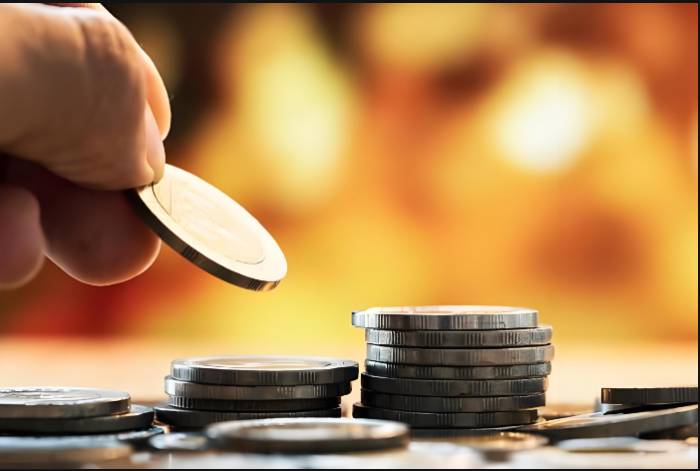
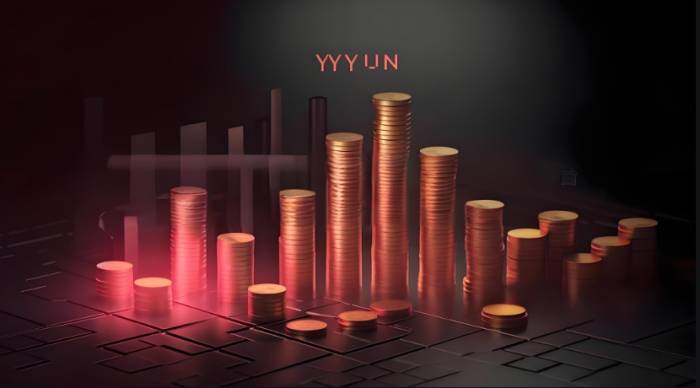

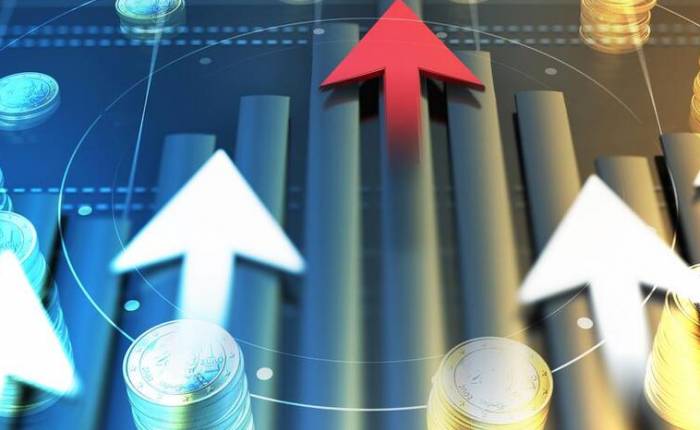

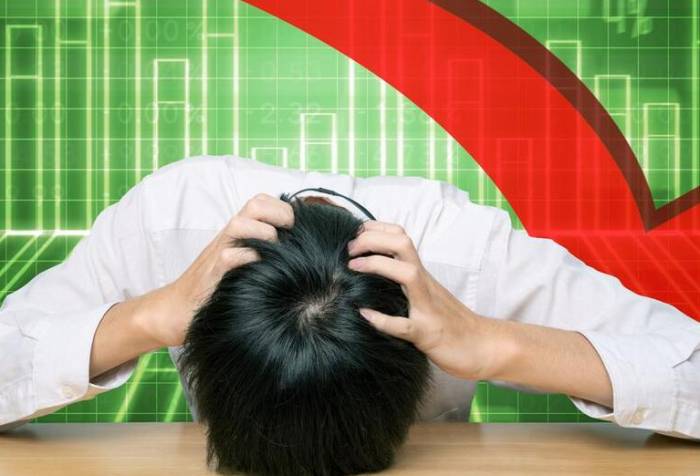









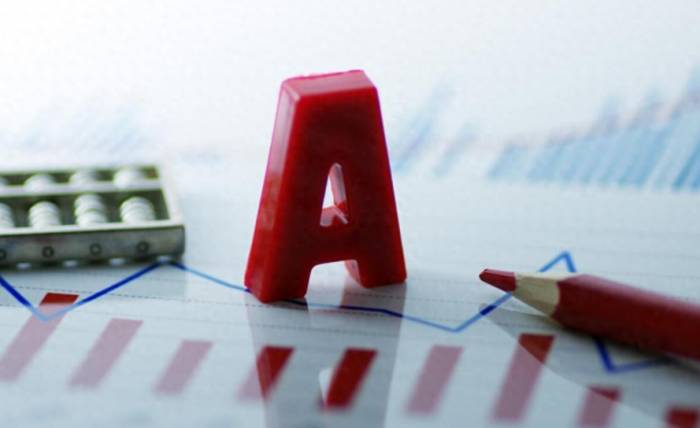




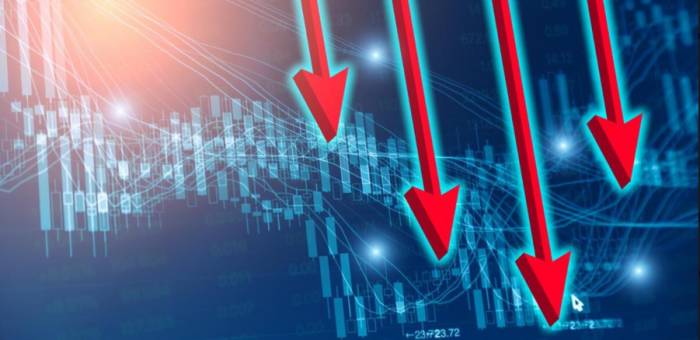






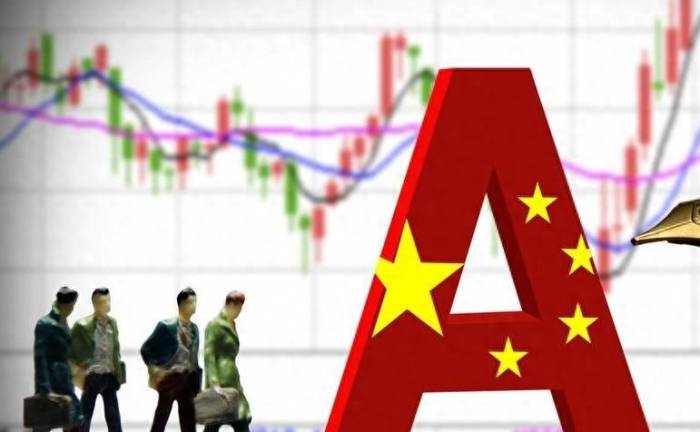
Comments